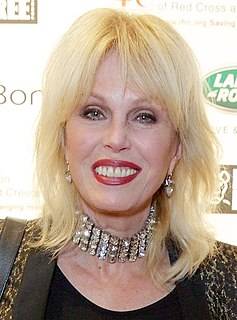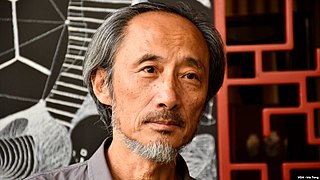A Quote by Martin Jacques
The question is not whether Tibet should be independent but the extent of the autonomy that it is allowed. Tibet has been firmly ensconced as part of the Chinese empire since the Qing dynasty's military intervention in Tibet in the early 18th century.
Related Quotes
The Tibetan religion has a past. And furthermore it has such an appeal. There again young people today are drawn to Buddhism and to Tibet. It's not only because of the Dalai Lama. It's because of what Tibet represents. There is a vast reservoir of knowledge, of mystical knowledge, which can be found in Tibet.The Chinese shouldn't be afraid of that really. They have other means of survival.
One of the happier ironies of recent history is that even as Tibet is being wiped off the map in Tibet itself, here it is in California, in Switzerland, in Japan. All over the world, Tibetan Buddhism is now part of the neighborhood. In 1968, there were two Tibetan Buddhist centers in the West. By 2000, there were 40 in New York alone.
I believe that the Tibetans should have the right to control their own destinies and decide for themselves whether they want to be part of China or not. But this view isn't shared by most Chinese, or even the leaders of most Western democracies. As long as the Communist Party is in power, there is little hope for Tibet.
I wanted to bring the book out right now because I think anyone who cares about Tibet knew there would be disturbances in the run up to the Olympics [2008]. Many Tibetans feel it's their last chance to broadcast their suffering and frustration and pain to the world before the Olympics take place and China is accepted as a modern nation and the world forgets about Tibet.



























